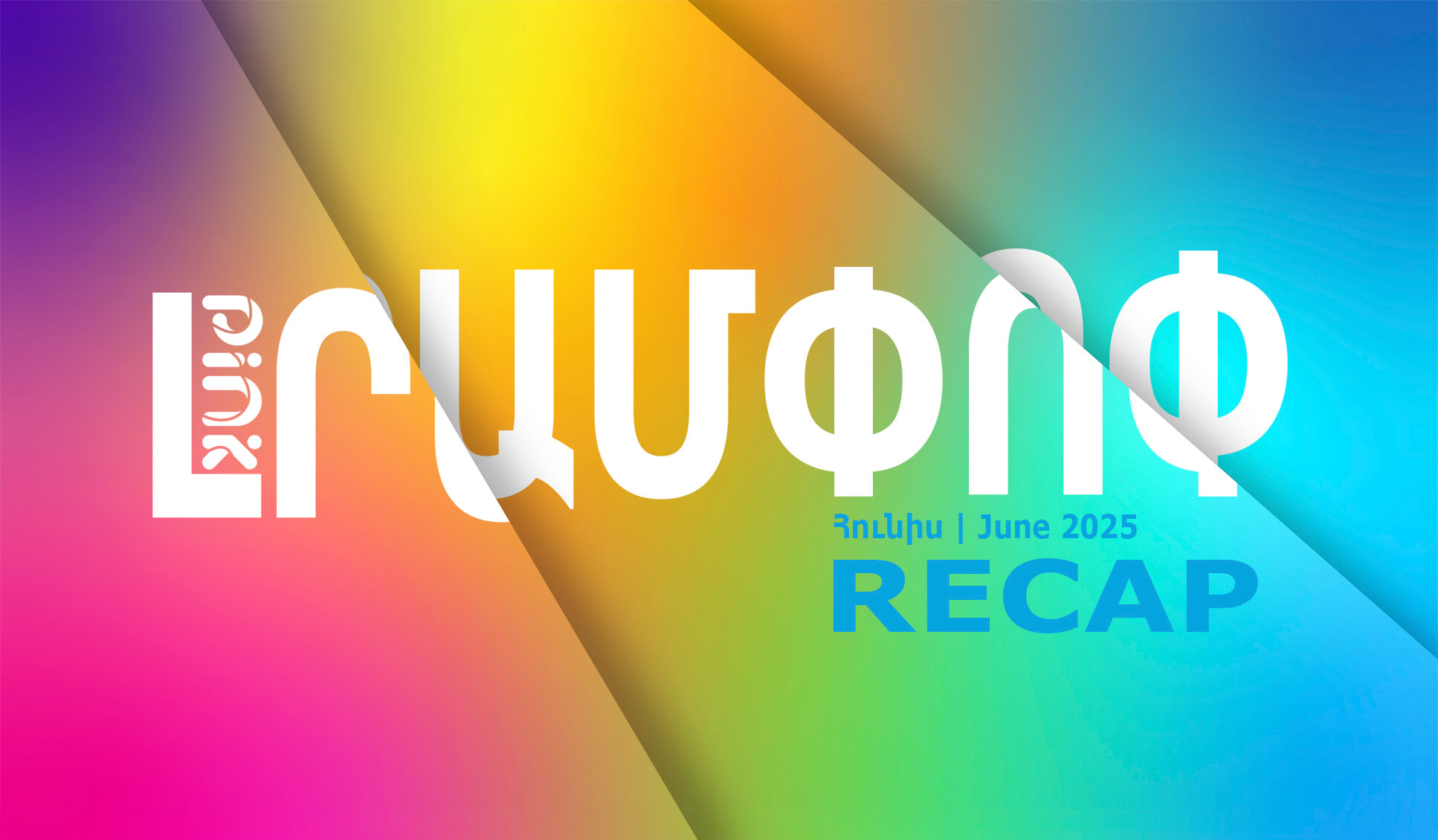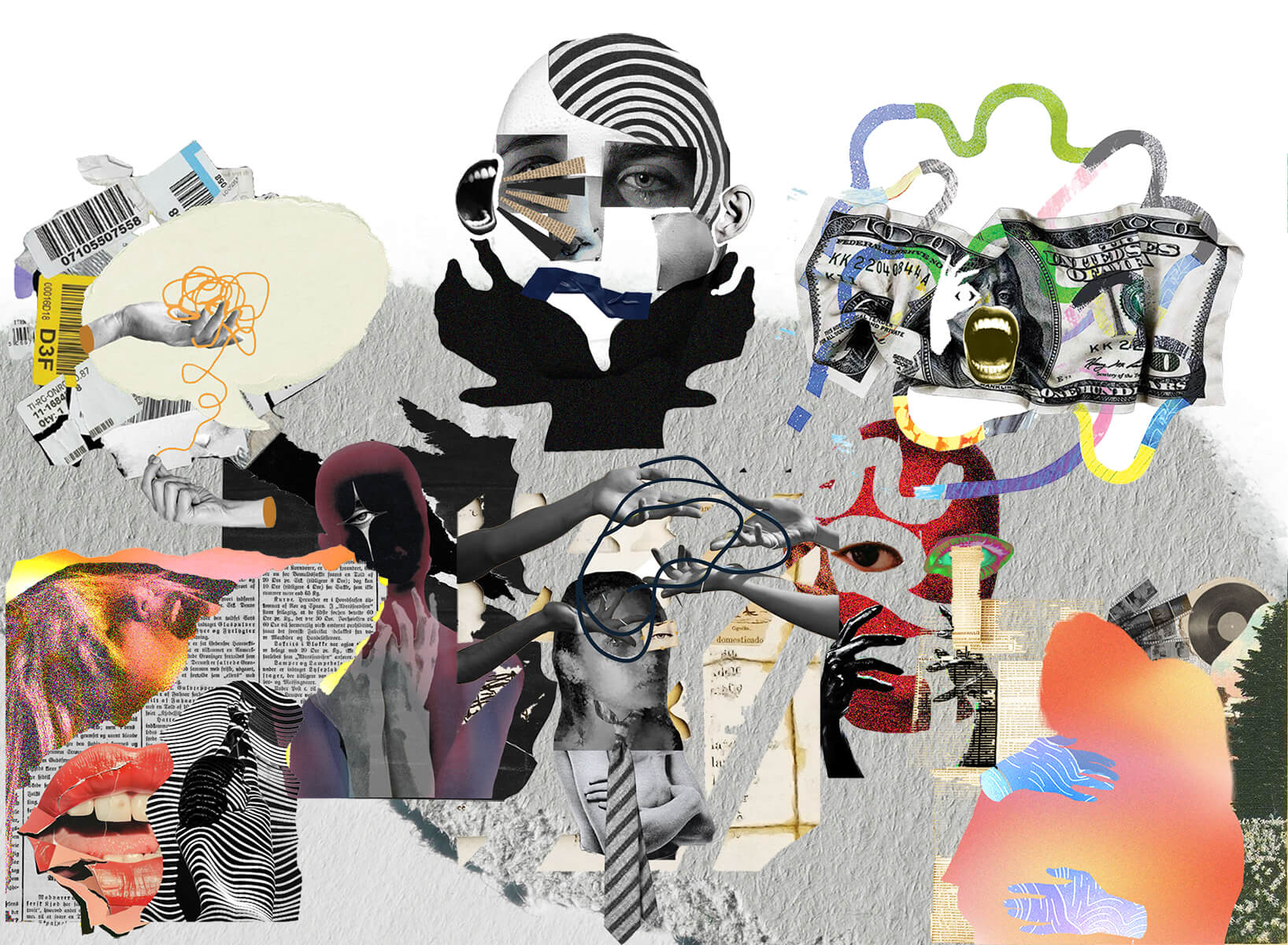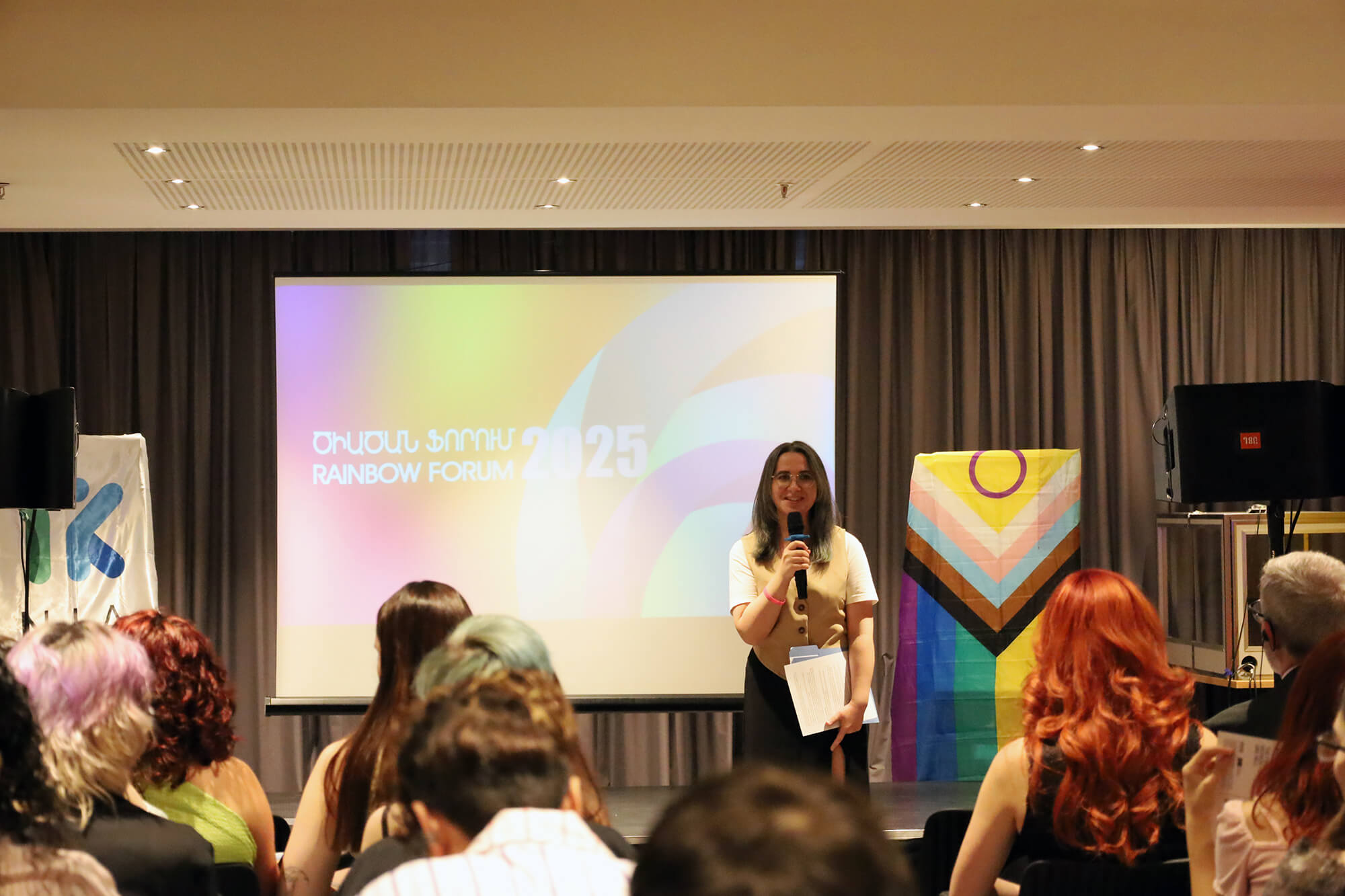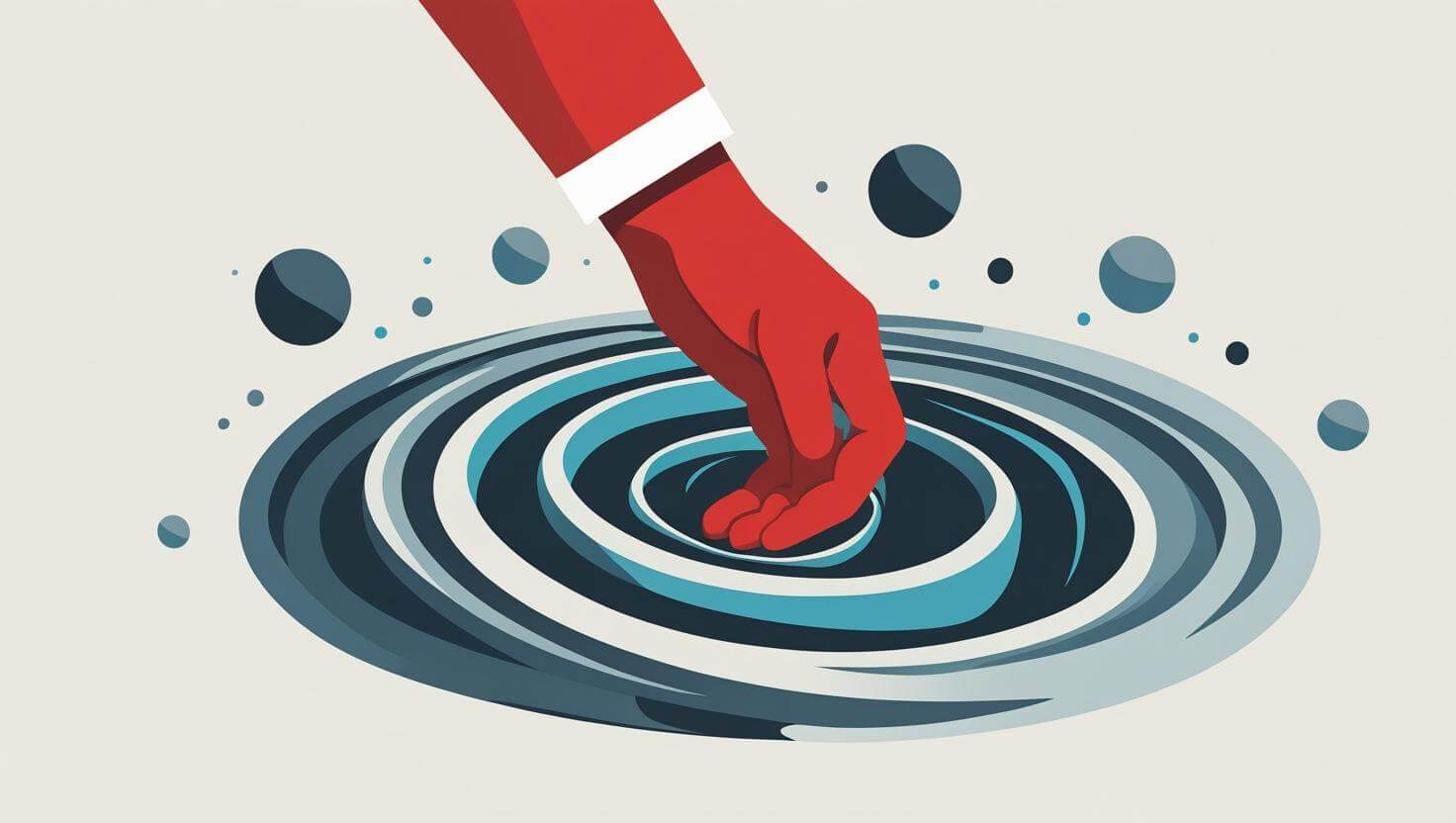LGBTI human rights situation in Armenia in 2019. US Department of State
US Department of State’s Bureau of Democracy, Human Rights and Labor states has recently published Human Rights Report on Armenia, which describes the human rights situation in Armenia during 2019. It is stated in the report that significant human rights issues also included crimes involving violence or threats of violence targeting lesbian, gay, bisexual, transgender, or intersex (LGBTI) persons.
According to the report, anti-discrimination laws do not extend protections to LGBTI persons on the basis of sexual orientation or gender identity. Societal discrimination based on sexual orientation and gender identity negatively affected all aspects of life, including employment, housing, family relations, and access to education and health care. Anti-LGBTI sentiments and calls for violence escalated during periods of political activism. Many politicians and public figures, supporters of the former government, in particular, used anti-LGBTI rhetoric, often positioning LGBTI persons as a “threat to national security.”
The report mentions the case of Armenian transgender weightlifting champion Mel Daluzyan, who came under significant media attack after it became known that the government had co-funded a documentary regarding his life.
The report refers to the statistics of Pink human rights defender NGO, which documented 24 cases of discrimination on grounds of sexual orientation and gender identity during the first half of 2019, as compared with 25 such cases reported throughout 2018.
Transgender persons were especially vulnerable to physical and psychological abuse and harassment during 2019. In 2018 Right Side NGO conducted the first survey on hate crimes against transgender persons, identifying 100 cases of hate-motivated violence in a 12-month period during 2016-17. Victims reported they were more likely to seek support from friends or LGBTI NGOs than from a victim support group or medical professionals. Only a small number of respondents said police were supportive.
The case of Lilit Martirosyan, the chairperson of Right Side NGO and an activist for transsexual persons, who were discriminated after her speech in the National Assembly by the members of parliament, is also included in the report. After that, an individual posted Martirosyan’s home address on Facebook, protests around her building forced her to remain in hiding in her apartment for days. She applied for and received police protection and noted law enforcement bodies were very supportive.
Shurnukh’s case got new legal developments. The prosecutor’s office sent the case for further investigation to the regional branch of the investigative committee, the investigation restated.
The report points out the problems of GBT people in military service. Openly gay men are exempt from military service. An exemption, however, requires a medical finding based on a psychological examination indicating an individual has a mental disorder; this information appears in the individual’s personal identification documents and is an obstacle to employment and obtaining a driver’s license. Gay men who served in the army reportedly faced physical and psychological abuse as well as blackmail.
The report notes that persons regarded as vulnerable to HIV/AIDS, such as sex workers (including transgender sex workers) and drug users, faced discrimination and violence from society as well as mistreatment by police. Such discrimination was especially noticeable when HIV-positive persons sought medical care.




